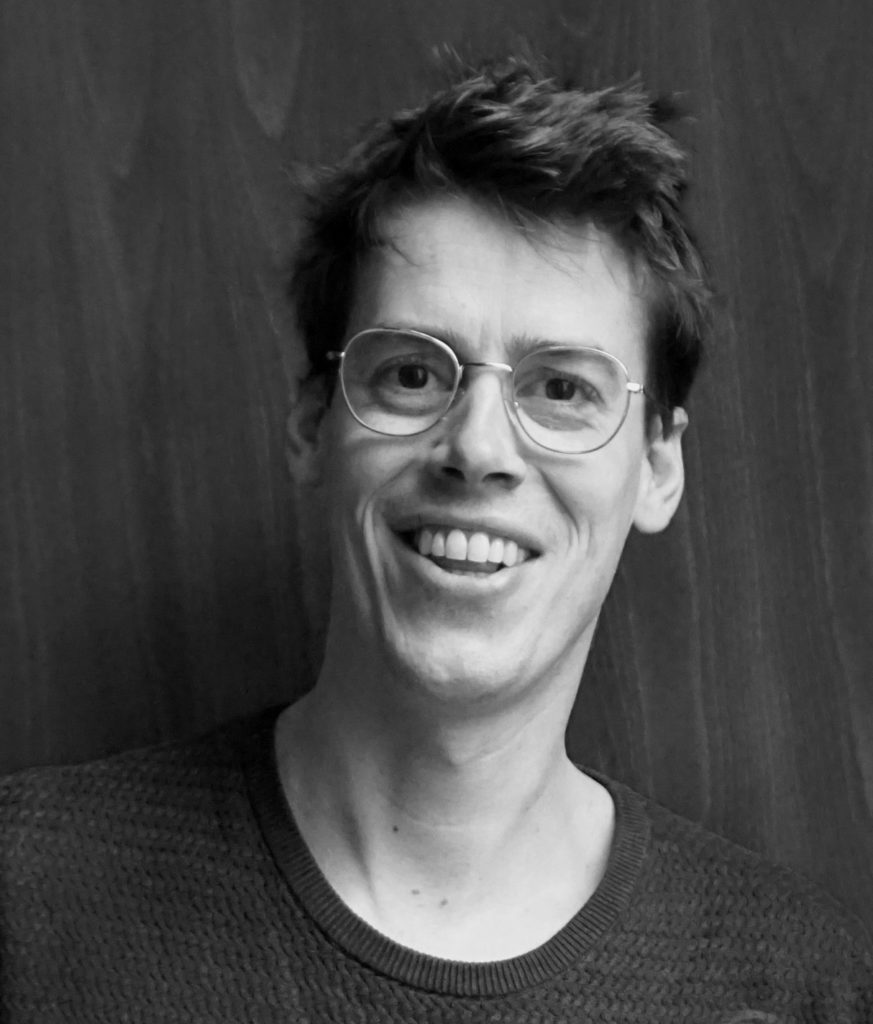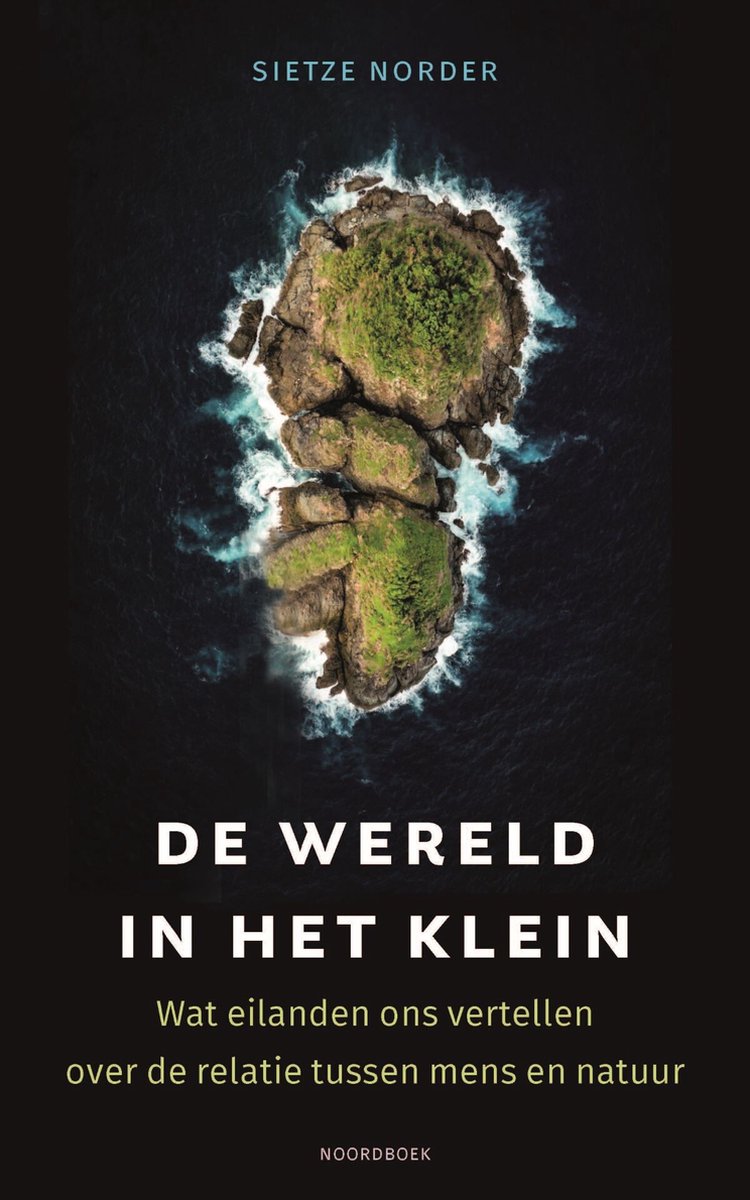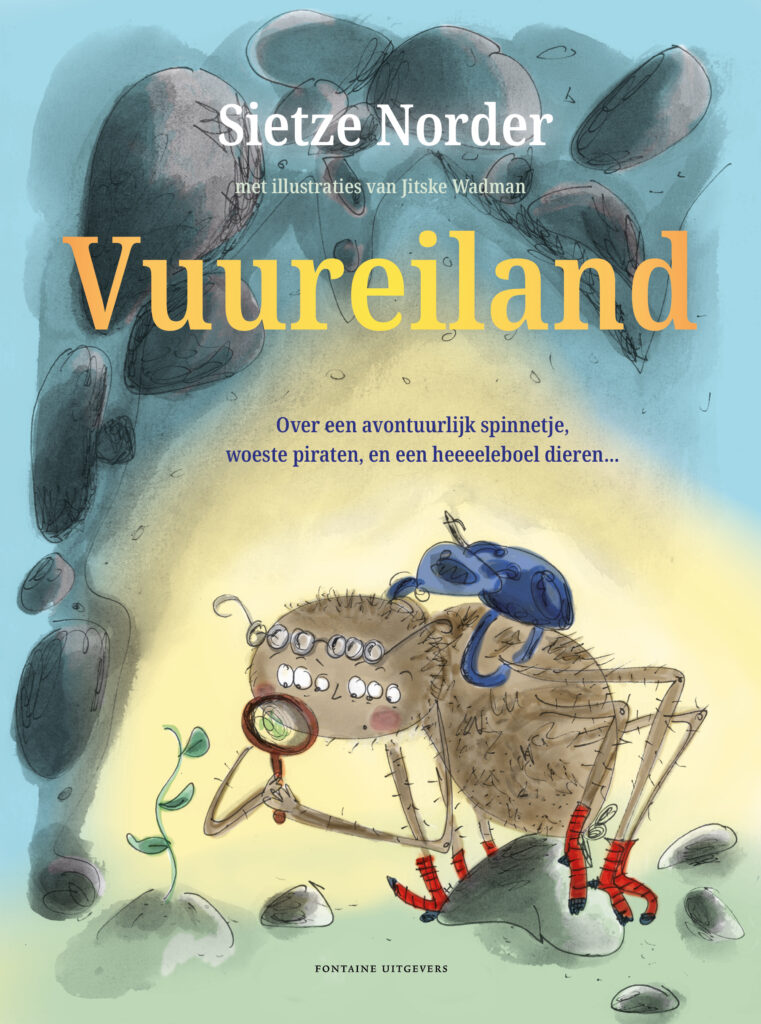Sietze Norder
I am deeply fascinated by the enormous variety of life on Earth: millions of plant- and animal species, and thousands of different cultures and languages. This biological- and cultural diversity however is unevenly distributed across the globe. Within my research at the Copernicus Institute (Utrecht University) I try to understand why this is the case. I often use islands as model systems to study how biodiversity patterns are influenced by topography, climate, and socio-cultural factors.
We are now confronted with multiple global challenges, such as the biodiversity crisis and the climate crisis. The extreme rate at which plant- and animal species go extinct and languages and cultures disappear is worrying. Our fate as human beings is deeply interwoven with the rest of the living world, it’s so obvious, but still we sometimes seem to forget. To bend the curve of biodiversity loss, we need to reinvent our relationship with the rest of the living world.
Everywhere around me I see ‘islands of sustainability’ that could speed up the transition towards more sustainable societies. By sharing my passion for science and human-environment relationships, I hope to contribute to this transition.
I wrote a popular science book ‘The World in Miniature‘ (available in Dutch and Italian) about what islands tell us about the relationship between people and the living world. My children’s book about a spider on an island reached the finals of the Hotze de Roos prize for best children’s book debute.

Dr. Sietze Norder
Biogeographer, island researcher, and writer
Assistant professor, Copernicus Institute, Utrecht University
Phd: Island Biogeography in the Anthropocene and Quaternary (University of Lisbon, 2020)

